Is the complete integration of women in research achievable? In commemoration of March 8th, researchers from Campus Gandia share insights into their work and the conditions in which they conduct their research.
A UNESCO study reveals that women make up only about 30% of researchers worldwide, with even lower representation in fields like engineering and computer science. Given these figures, pinpointing a single cause behind this disparity is challenging. To commemorate International Women’s Day and highlight their strong presence in the prestigious Google Scholar database—a leading search engine for scientific research—we have gathered testimonials from professors and researchers at Campus Gandia of the Universitat Politècnica de València (UPV). Female engineers, biologists, chemists, and more—featured in the Spanish and Women Researchers Ranking compiled by the Spanish National Research Council (CSIC). The purpose of this ranking is to highlight the work of women researchers through a free and publicly accessible platform like Google Scholar.
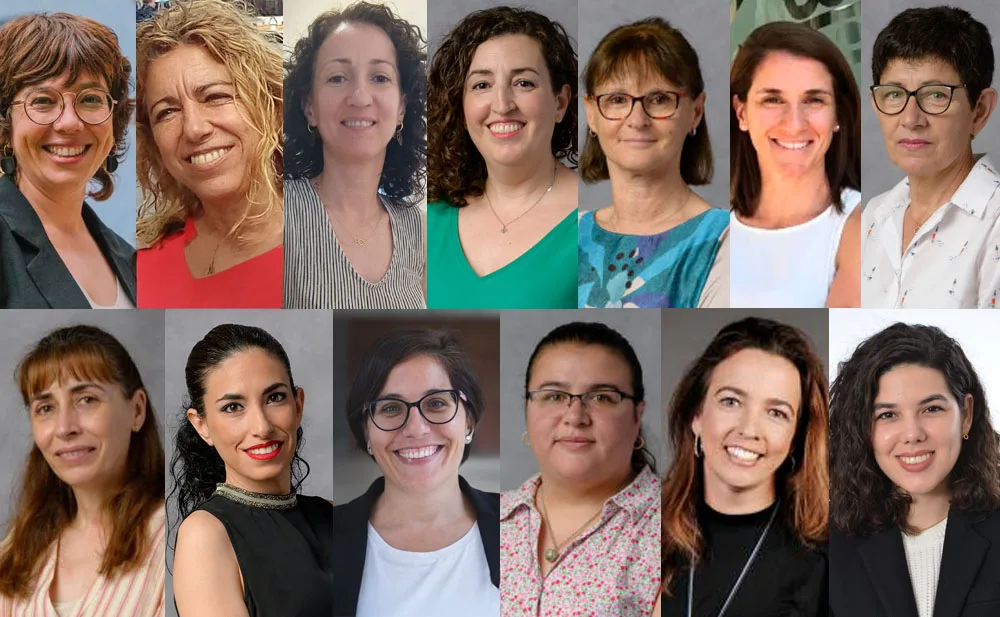
Contributions that Drive Scientific Progress and Inspire Future Generations
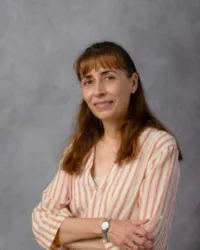
“As long as discrimination persists in society, it will continue to affect research and every other field,” says Mónica Catalá. “In my field of study, which is Analytical Chemistry, I think that women make up the majority, and there are many exceptional female researchers.” Research Professor at Campus Gandia. “Research is demanding and requires countless hours of dedication, making it challenging. . However, in my case, I don’t believe being a woman has hindered my professional development.” Her research is centered on Analytical Chemistry, particularly the development of innovative analytical methods for the monitoring and treatment of environmental samples. “I believe significant progress is being made in scientific outreach, especially around the International Day of Women and Girls in Science. Many female scientists are dedicating their time and energy to conferences, and I think this is the right approach,” she says.

Maite Sebastiá. also agrees with this. “In fields like mine, environmental technologies, women are underrepresented, making these initiatives crucial.” Licentiate in Environmental Sciences and PhD from the UPV. Maite is also a research professor at Campus Gandia. She has contributed to various studies on urban development and public health, land abandonment using remote sensing techniques, and satellite-based detection of cyanobacteria in reservoirs for drinking water supply, among other topics. “In recent years, the demands for career advancement have surged, and the level of expectation is so high that there are people my age still striving for their first stable contract.” She adds, “Completing a research residency abroad is a significant achievement, but balancing it with family life can be challenging.”
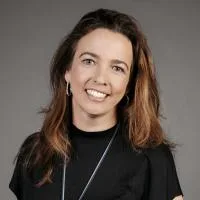
In this regard, Marga Cabrera explains, “There are still barriers for women in research, especially during pregnancy. During those years, we are not in the same position as our colleagues, as we dedicate time to our families, which can delay our careers. Additionally, when it comes to leadership and responsibility, we tend to be less assertive than men and are more likely to suffer from imposter syndrome, which prevents us from recognizing our own worth.” This full professor of Audiovisual Communication also serves as the head of the Communications Department at the UPV. “I love my job, and I’ve enjoyed the journey that led me here. However, it hasn’t been easy—it has required years of hard work and countless hours of dedication, often at the expense of time with my children. Nonetheless, every step has been worthwhile” To promote equal opportunities for women in science, “it is essential to continue raising awareness and fostering behavioral change. Additionally, it is crucial to implement public policies that shift power dynamics and reduce gender inequalities.”
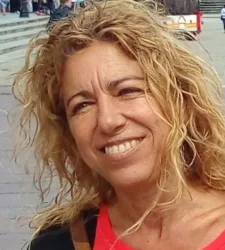
For Paloma Herrera, “while progress has been made in equal opportunities, barriers still exist for women in research. Structural factors, such as the challenge of balancing work and family life, the lower representation of women, and therefore fewer role models, as well as biases in the evaluation of merit in certain fields, continue to impact many career paths. However, “it’s important to note that experiences vary depending on the individual and the context.” That being said, “A key factor is the rigorous framework in academia and research, which often rewards constant availability and hyper-productivity.” Paloma is a research professor at Campus Gandia. Her research centers on two key areas: the sociology of food and coastal management, with a particular focus on socio-environmental sustainability. “In my specific case, I haven’t faced any major difficulties directly related to being a woman, especially when compared to other sectors I’ve worked in. However, I have encountered challenges stemming from the broader social context and, more significantly, from the structure of the academic and research career. Job instability, intense competitiveness, and constant regulatory changes make the path difficult for many, regardless of gender.”. While “equal opportunities in science demand structural changes, they also require a cultural transformation. It’s not enough to implement specific measures without addressing the underlying mentalities and dismantling the stereotypes that continue to limit the aspirations and careers of many women.”
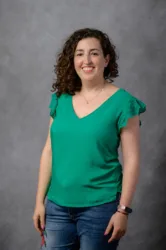
“The data is clear,” says Virginia Garófano. “On average, women earn less than their male colleagues.” Additionally, women face greater challenges in accessing leadership positions. While the reasons are multifaceted, it is clear that more women than men request reduced hours to better balance their personal and professional lives. Virginia has a Licentiate in Environmental Sciences from the University of Granada and a PhD from the UPV. In her thesis she studied the distribution patterns of riverside species based on hydrogeomorphological factors at different spatial and temporal scales in Mediterranean rivers. She completed a postdoctoral degree at the GEOLAB Laboratory (Université Clermont Auvergne), where she designed and implemented “an experiment to evaluate the morphological, anatomical and biomechanical response of riverine species to different river processes.” Since then, she has been an associate member of said laboratory and continues to collaborate. Currently, she is involved in the management of the Life Intemares project, the largest marine conservation project in Europe. Virginia is also a professor at Campus Gandia. “A career as a researcher and professor is both lengthy and unstable It is often described as ‘a long-distance race,’ as it takes many years and considerable effort to gain stability. Research contracts are typically temporary, tied to the availability of active projects, while teaching positions depend on highly competitive selection processes that, for years, have offered very limited opportunities.”
So, “there’s still a long way to go.”
Source: Laida Frasquet, Journalist for the Office of Communications at Campus Gandia. Universitat Politècnica de València

